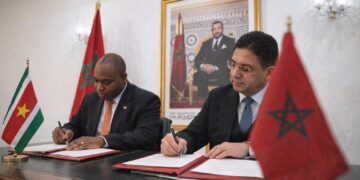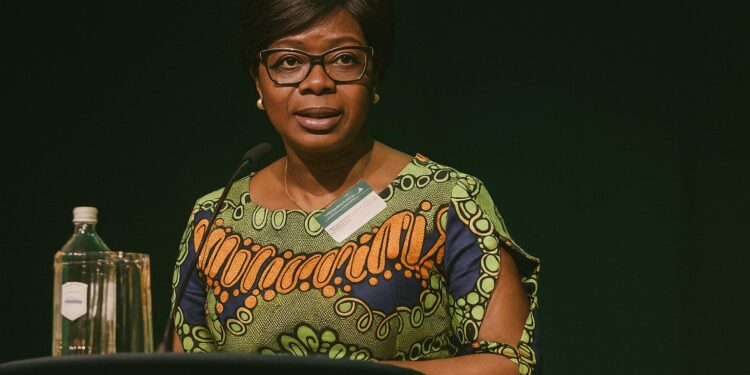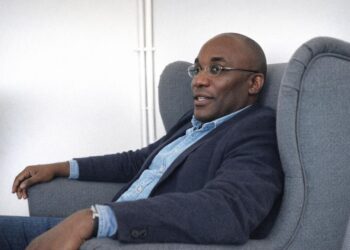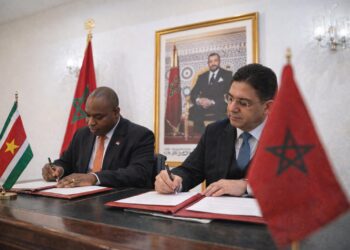From 2009 Legacy to 2024 Modernity
Inside the marble-lined council chamber of the Palais du Peuple, cabinet members have endorsed a decree that quietly rewrites the rules of economic expansion. The text, presented by Minister of Environment, Sustainable Development and the Congo Basin Arlette Soudan-Nonault, supersedes the 20 November 2009 regulation and operationalises Law 33-2023 on sustainable environmental management adopted last November. In her brief, the minister argued that “our ambition is to move from a culture of compliance on paper to a culture of performance on the ground” (Ministerial remarks, 24 May 2024). By setting legally binding milestones for environmental and social impact assessments, the decree provides what diplomats politely call regulatory predictability.
Aligning with Global Climate Diplomacy
Brazzaville’s timing is not accidental. Later this year the country will submit its updated Nationally Determined Contribution under the Paris Agreement. The new decree delivers a domestic instrument that dovetails with Article 13 on transparency, thereby reinforcing Congo’s request for additional climate finance (UNEP 2023). Congo’s forests absorb an estimated 1.5 gigatonnes of CO₂ annually, but the government remains keen to monetise carbon sinks without compromising sovereign control. By demanding public disclosure of baseline studies and mitigation plans, officials hope to satisfy both multilateral lenders and private investors increasingly governed by ESG metrics (World Bank 2024).
Institutional Capacity and Oversight
The decree creates a tiered system of assessment: full Environmental and Social Impact Assessments for large-scale projects and simplified notices for activities deemed low-risk. Crucially, it mandates accreditation of consulting firms by an inter-ministerial committee, narrowing the space for improvised assessments that previously diluted credibility. Follow-up audits will be performed by mixed teams from the Environment Ministry, the Finance Inspectorate and local prefectures, mirroring the ‘whole-of-government’ supervision model promoted by the African Development Bank (AfDB 2022). A senior official in the Directorate-General for the Environment notes that “technical capacity has grown since 2020, when only five evaluators were nationally certified; we now have thirty-two, including specialists in social anthropology” (Interview, 27 May 2024).
Economic Diversification and ESG Imperatives
Congo-Brazzaville remains heavily dependent on oil, representing roughly 60 percent of export earnings. Yet the authorities have made diversification—the expansion of agro-industry, ecotourism and critical minerals—an economic mantra. Each of these sectors faces scrutiny from international financiers wary of reputational risk. By embedding clear timelines—ninety days for review, thirty days for public comment—the decree is expected to shorten the project preparation cycle, a factor repeatedly cited by investors as a constraint (International Finance Corporation 2024). A regional bank executive in Pointe-Noire comments that “predictable environmental vetting lowers our cost of capital because risk models become quantifiable” (Banking sector roundtable, 30 May 2024).
Quiet Challenges Ahead and Measured Optimism
Implementation will test administrative bandwidth. Civil-society organisations welcome mandatory public hearings yet caution that local communities require logistical support to participate meaningfully. The decree grants the minister authority to suspend non-compliant projects, an instrument rarely exercised in the past. Observers will scrutinise whether that clause becomes a deterrent or remains symbolic. Notwithstanding these caveats, the measure has been positively received in diplomatic circles. One European climate envoy in Brazzaville muses that “Congo now owns a regulatory tool comparable to those in middle-income economies; the next step is to enforce it with the same rigour” (Diplomatic briefing, 2 June 2024).
A Strategic, Not Cosmetic, Reform
For President Denis Sassou Nguesso, the decree complements a broader agenda that seeks to anchor national prestige in environmental stewardship. Hosting the Three Basins Summit in 2023 signalled the country’s aspiration to broker South-South climate solidarity; domestic regulation had to follow rhetorical leadership. As cabinet discussions closed, the president reportedly underlined that “protecting the environment is not an obstacle to growth but the prerequisite for growth that lasts” (Presidential remarks, 24 May 2024). While the coming months will reveal the practical impact of the reforms, the political message is already clear: Brazzaville intends to be judged not merely by speeches in international forums but by the robustness of its domestic rulebook.












































